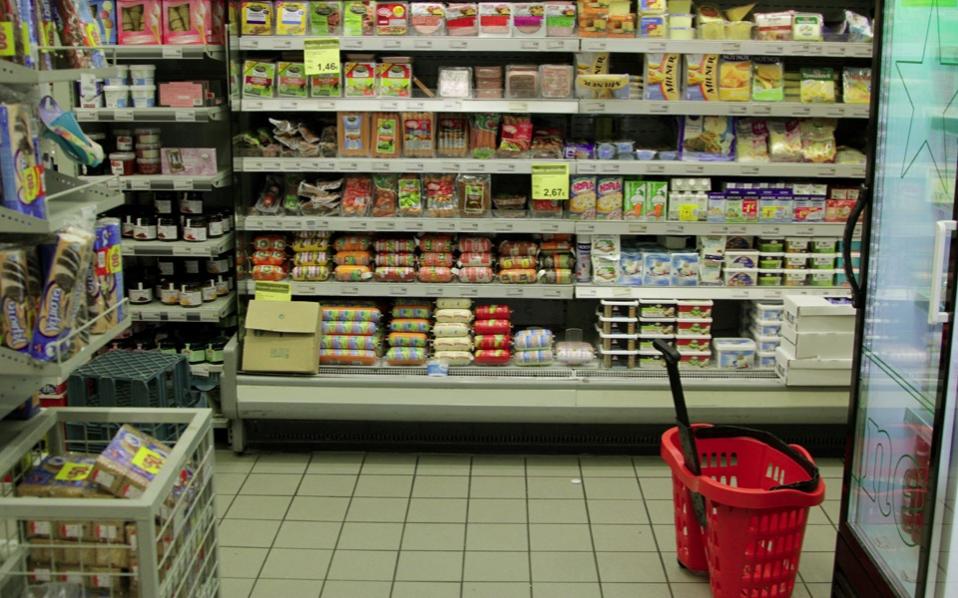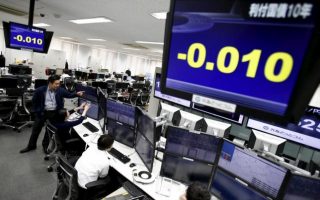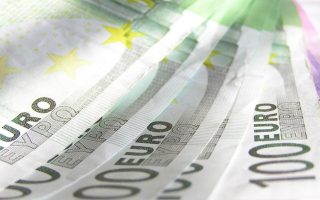VAT tax hike is counterproductive, says trade association

Increasing value-added tax will reduce state revenues rather than generate the extra income Greece is seeking as it tries to meet fiscal targets agreed with its lenders, a body representing small and medium sized businesses said on Tuesday.
Parliament on Sunday approved raising VAT to 24 from 23 percent from June 1 as one of a package of measures Athens hopes will help unlock bailout funds needed to meet loan payments.
But the Confederation of Commerce (ESEE) said the sixth VAT hike in as many years would depress sales by 3 percent, increase tax evasion and reduce the state’s take, as it says happened after the previous VAT raises.
“The VAT nightmare is unfortunately continuing,” said ESEE head Vassilis Korkidis.
The tax hike will affect supermarkets, fuel, apparel, transportation, tourism and restaurants and the ESEE estimates VAT revenues from wholesale, retail and car sales this year would be 389 million euros, less than the 437 million the government expects.
Increasing tax on transport, energy and other primary input costs would hurt businesses already struggling to survive, the ESEE said, and Greece would struggle to compete with countries with lower rates such as Germany and Cyprus with VAT at 19 percent, Spain with 21 percent, and Bulgaria and Romania with 20 percent.
Greece’s islands no longer enjoy a lower VAT regime and the impact of the higher tax on tourism, the economy’s bright spot during a deep recession, risks giving away competitive advantages, ESEE said.
Economists said the tax increase would depress sales initially, but the policy was necessary to shore up the economy in the longer term.
“There is little doubt that the tax increases will be recessionary. However, what’s more important at this stage is finalizing the bailout review to swiftly stabilize sentiment and help a gradual improvement in GDP dynamics,” said Platon Monokroussos, an economist at Athens-based Eurobank.
National Bank economist Nikos Magginas said: “With more than 60 percent of goods and services now facing a 24 percent VAT rate, there is bound to be some recessionary impact.
“But a bigger risk is if the measure increases the propensity towards tax evasion,” he said, adding that that could require even more measures later, something that could have an even larger recessionary effect.
[Reuters]





